Khulna, May 17 (V7N) – BNP National Standing Committee member Salahuddin Ahmed has sharply criticized the Awami League, calling its history a chronicle of "killing democracy"—from the era of Sheikh Mujibur Rahman to that of Sheikh Hasina.
Speaking as chief guest at a seminar titled “Youth Thoughts on Education, Health, and Fundamental Rights” at the Khulna Press Club on Friday, Salahuddin alleged that the ruling party has pursued a path of one-party rule, systematically eroding democratic institutions.
Referring to the elections of 2014, 2018, and 2024, he stated that these were "so-called elections" aimed at institutionalizing corruption and undermining the people's rights. “Had even half the money looted under the guise of tax exemptions been saved,” he said, “the national budget for education and health could have tripled.”
He also addressed the judicial backlog, noting that if millions of citizens continue to face pending cases, unrest will persist. In response, he promoted the BNP’s proposal for National Reconciliation, saying it was essential for political stability.
Highlighting the BNP's 31-point charter, Salahuddin called it an “epic of politics” that outlines concrete plans to uphold fundamental rights such as education, healthcare, and employment. He urged party activists and the youth to act as “ambassadors” of these ideas.
The seminar, moderated by Mahdi Amin, advisor to BNP acting chairman Tarique Rahman, brought together a diverse group of speakers including:
-
Barrister Andalib Rahman Partha, Chairman of Jatiya Party (BJP)
-
Dr. Azizul Haque, Associate Professor, Medical University of South Carolina, USA
-
Fahim Mashrur, Founder, BDJobs
-
Dr. Maruf Mallick, Lecturer, DW Academy, Germany
-
Rezaul Karim Rony, Editor, Jawan
-
Dr. Sayem Mohammad, AMZ Hospital
-
Dr. Saiful Islam Khandaker, University of Central Florida, USA
-
Shahir Chowdhury, Founder and CEO, Shikho
-
Dr. Shamima Sultana, Jahangirnagar University
-
Dr. Toufiq Joarder, Associate Professor, National University of Singapore
The seminar emphasized youth engagement and the necessity of policy reforms to address the nation's foundational challenges.
END/MSS/AJ



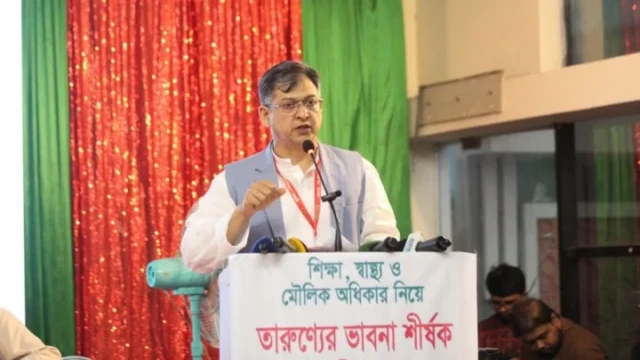
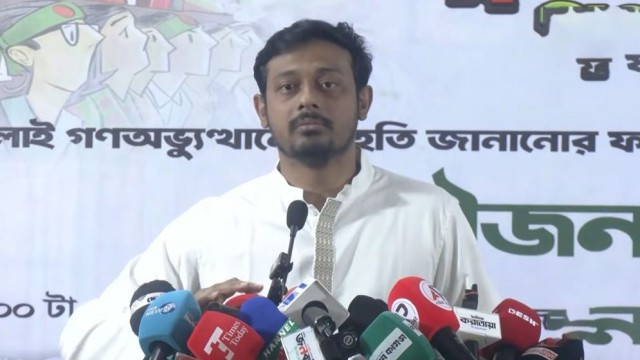
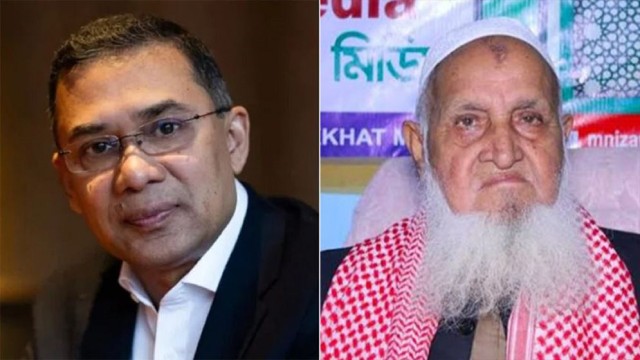
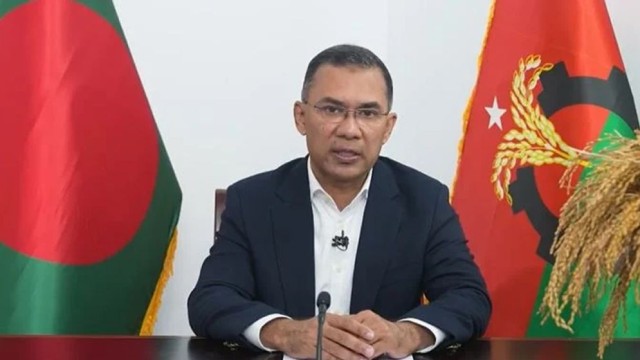
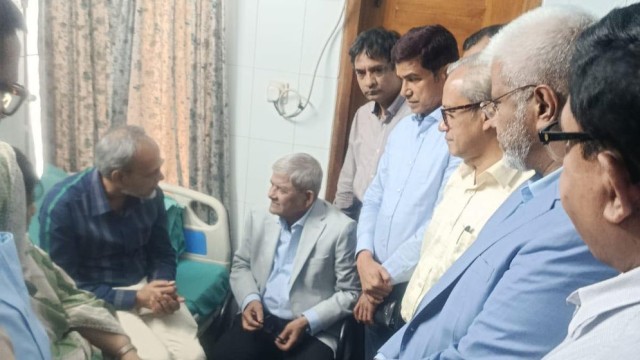
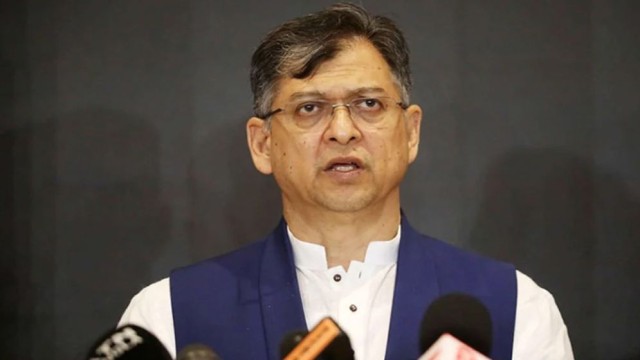

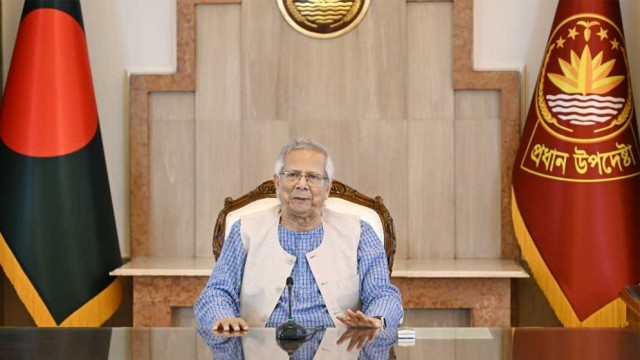

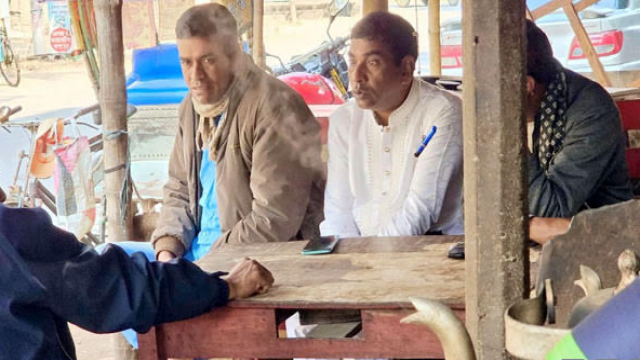


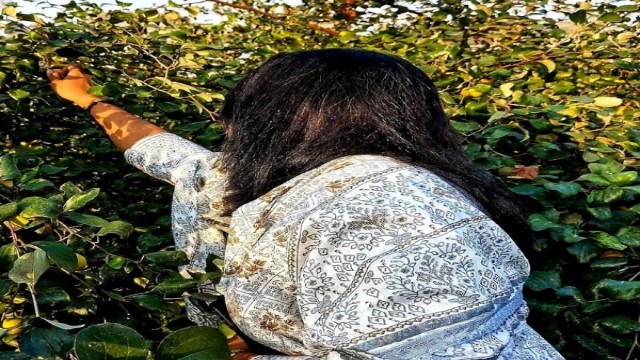

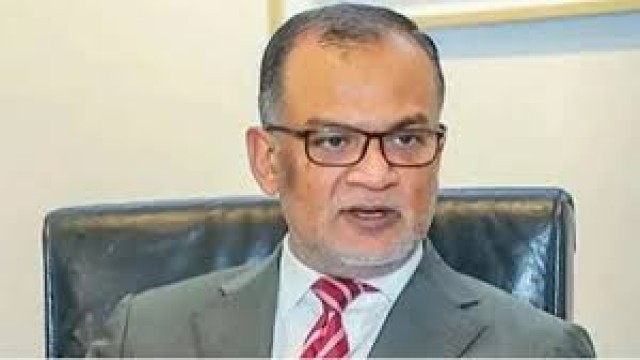
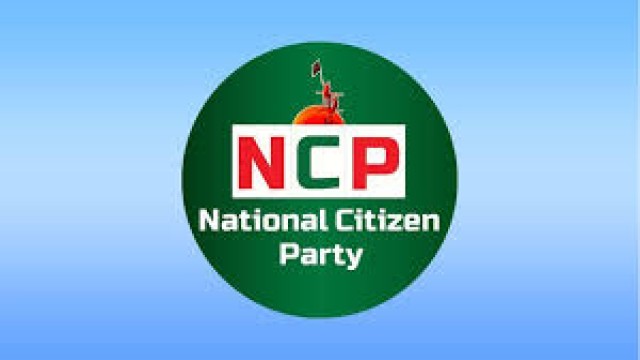
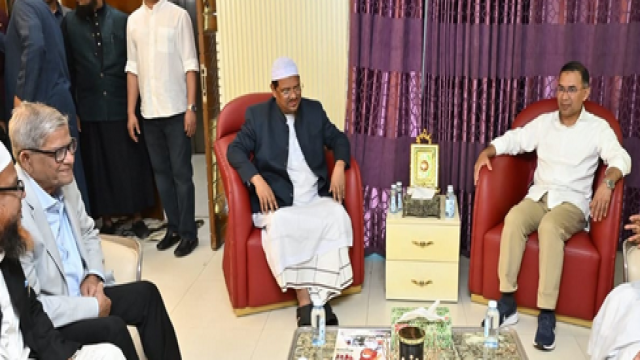











Comment: